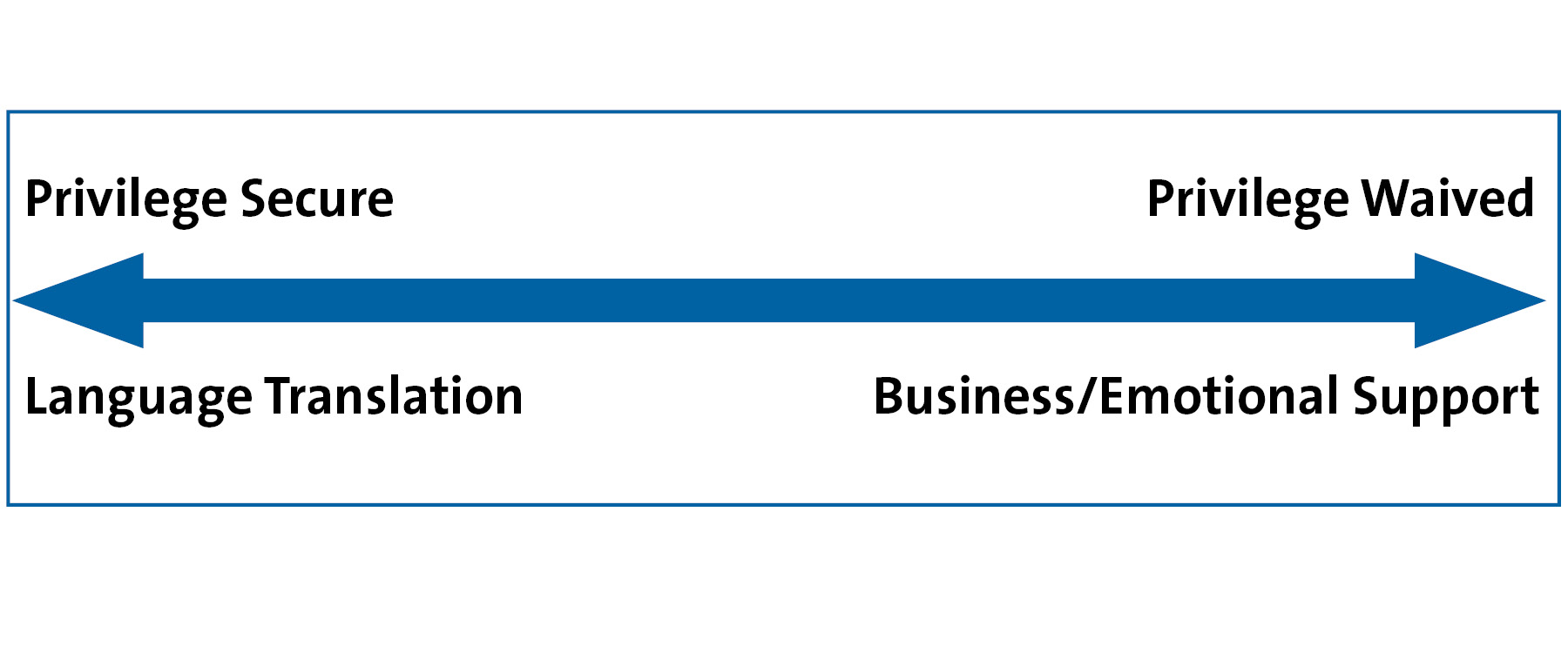The Attorney-Client Privilege and Individuals Who Are the “Functional Equivalent” of Employees
Communications between attorneys and clients that are not private, and/or communications between attorneys and third parties, cannot be protected from disclosure by the attorney-client privilege. When the client is an individual, it generally is easy to discern if a communication is private, and it usually is obvious if an attorney is communicating with a third party. When the client is a corporation or some other entity, however, it can be much less clear as to whether a particular person will be deemed to be the client or a third party. One scenario where this issue routinely arises is when company counsel communicates with an individual who is an independent contractor or some other person working closely with the company, but who is not an employee.… Keep reading

